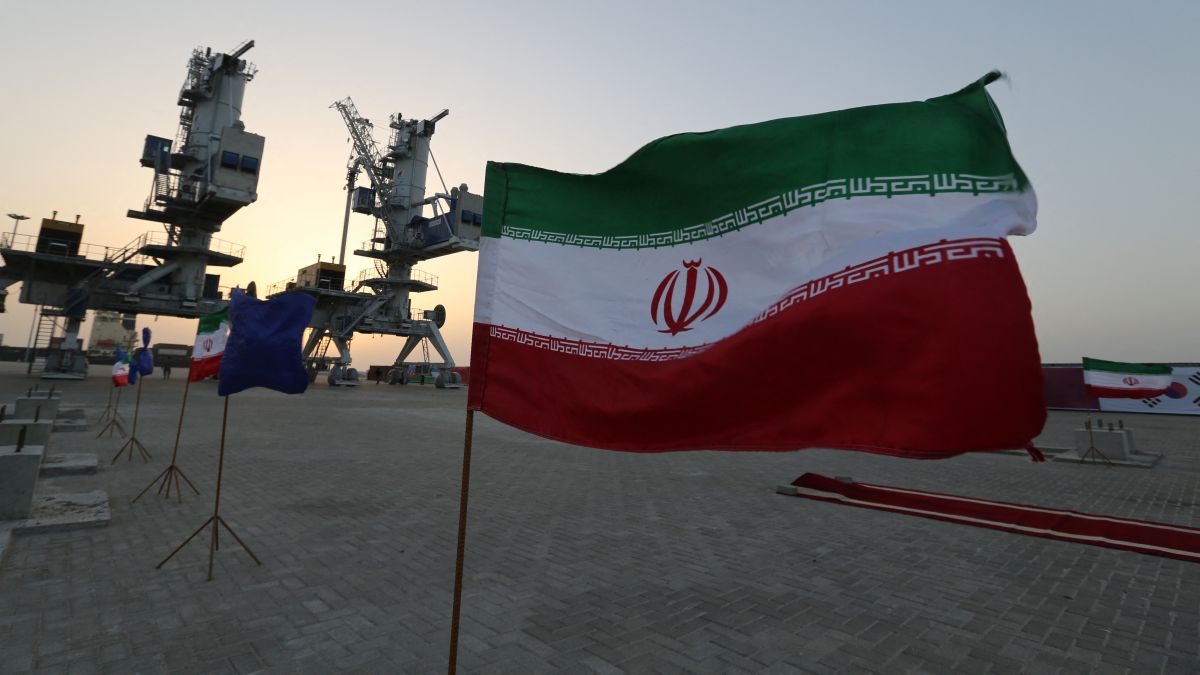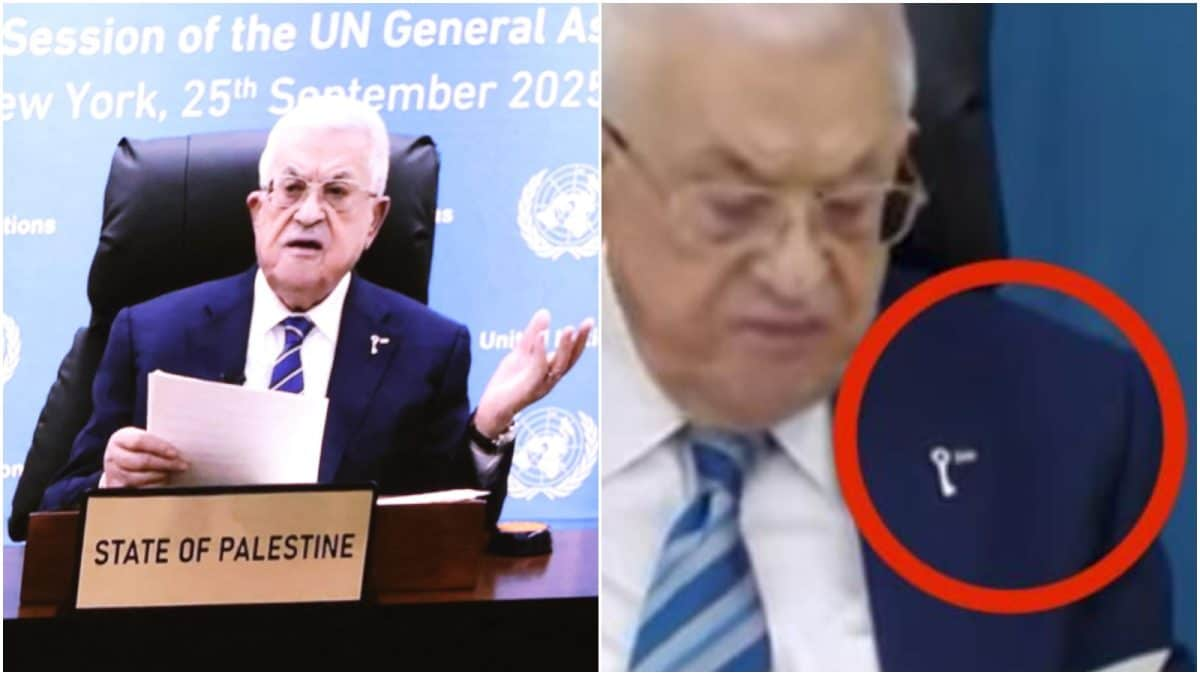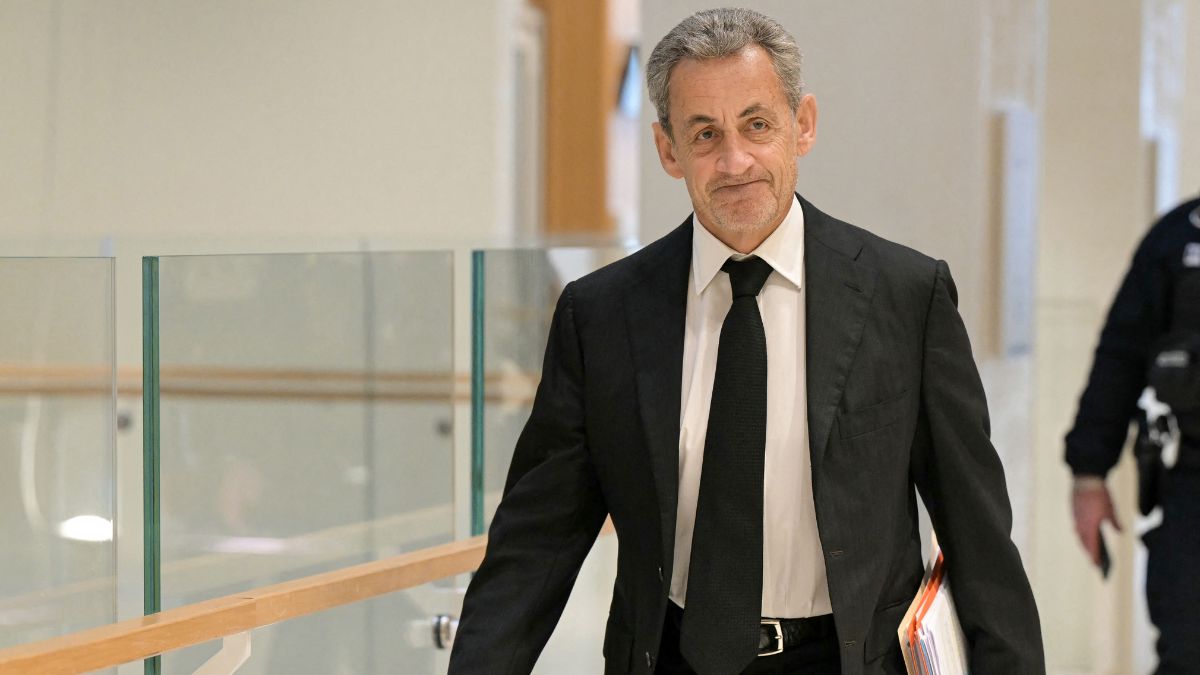The development comes amid looming sanctions on Iran, after the United Nations Security Council voted on Friday not to permanently lift economic sanctions on Iran over its nuclear programme
Russia and Iran have signed a memorandum of understanding for the construction of small nuclear power plants in Iran, according to an Aljazeera report, citing Russian state nuclear agency Rosatom.
The deal, described by Rosatom as a “strategic project,” was inked on Wednesday during a meeting in Moscow between Rosatom chief Alexei Likhachev and Iran’s top nuclear official and Vice President Mohammad Eslami.
The development comes amid looming sanctions on Iran, after the United Nations Security Council voted on Friday not to permanently lift economic sanctions on Iran over its nuclear programme, meaning sanctions will return by September 28 if no significant deal is reached beforehand.
Speaking to Iranian state media earlier this week, Eslami said the plan includes the construction of eight nuclear power plants as part of Iran’s broader goal to reach 20GW of nuclear energy capacity by 2040.
Iran currently has only one operational nuclear plant in Bushehr, built by Russia, with a capacity of about 1GW. The country suffers from frequent electricity shortages, particularly during peak demand seasons.
The announcement follows last week’s UN Security Council (UNSC) vote rejecting a permanent lifting of sanctions on Iran. Unless a breakthrough is achieved, UN sanctions are set to return by September 28.
Iran condemned the UNSC decision, warning that the reimposition of sanctions would “effectively suspend” its cooperation with the International Atomic Energy Agency (IAEA), the UN’s nuclear watchdog.
The vote was part of a 30-day process initiated in late August by the E3—Britain, France, and Germany—who triggered the dispute mechanism in the 2015 Iran nuclear deal. The trio accused Tehran of violating its commitments, notably by amassing a uranium stockpile more than 40 times the permitted limit under the agreement, which capped enrichment at 3.67% purity.
The 2015 deal, officially known as the Joint Comprehensive Plan of Action (JCPOA), was unilaterally abandoned by former US President Donald Trump in 2018, who reimposed harsh sanctions on Iran. In response, Tehran gradually scaled up its enrichment activities.
Iran maintains that its nuclear programme is peaceful and insists it began enriching uranium beyond JCPOA limits only after the US violated the agreement. Iranian officials argue that the E3 is now abusing the treaty’s “snapback mechanism”, allowing sanctions to be reimposed.
If enforced, new sanctions would include the freezing of Iranian assets abroad, a ban on arms sales to and from Tehran, and restrictions on its ballistic missile development.
“Iran will never seek a nuclear bomb,” President Masoud Pezeshkian told the UN General Assembly on Wednesday.
Supreme Leader Ayatollah Ali Khamenei, however, ruled out direct negotiations with the United States, calling such talks “a sheer dead end.”
The nuclear dispute unfolds amid heightened tensions in the region. In June, Israel launched a 12-day war on Iran, with Israeli and US forces targeting several Iranian nuclear facilities—a move that further strained diplomatic efforts.
Despite mounting pressure, Iran remains firm on its nuclear policy while seeking new international partnerships.
Analysts say the Russia-Iran nuclear cooperation could serve both nations’ interests: Moscow gains influence in the region, while Tehran diversifies its energy portfolio and signals defiance in the face of Western pressure.
With inputs from agencies
End of Article

)

)